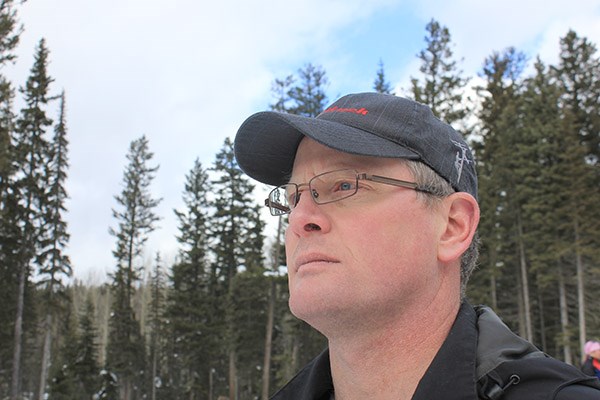I can’t imagine what it would be like to be one of the many refugees around the world who have been forced from their homeland. Whether from Iraq, Syria, Columbia, Pakistan or elsewhere, they have no choice but to run from the places they grew up and know well, often with only the clothes on their back.
Although the vast majority would prefer to stay at home with their families, speak the language they are familiar with and live in the environment they know so well, those choices have been taken away from them by others. There are groups in this world that do not see the value in freedom, that rule by fear and who prefer to kill or imprison those who don’t submit themselves to authoritarian edicts.
Fortunately, there are sympathetic folks in this world who have flocked to help. The Canadian government has talked about getting 25,000 Syrian refugees into Canada in the next few weeks, and once here, those people who have suffered so much misfortune will be supplied with clothing, housing, clean water, education and a brighter future. Canadian citizens from all walks of life are lining up to help and donate. Thank goodness we are a compassionate society.
So why have we forgotten that many of our own neighbours, those that have lived in what we call Canada for many centuries, are treated as second-class citizens? Our European ancestors came to this land bringing both disease and an imperialistic attitude. The aboriginal residents who were living proudly in sophisticated societies, respecting both their elders and the environment, had everything taken away by tyrannical men who seem strikingly similar in many ways to the ones we decry in the Middle East. Children were taken away from their parents and sent to residential schools, often suffering terrible abuse. Languages were abolished as a direct result of assimilation programs, people had their names and identities stripped, access to land and traditional ways of life were closed off and entry to the “new society” was denied. In short, the invaders took over and woe be to anyone who got in their way.
Today, First Nations communities across Canada, including many in B.C., have very limited access to health care, experience terrible housing conditions and lack clean water, and some of their youth don’t make it past Grade 9. Hope is growing but slowly. I have had the tremendous privilege to meet and work with several First Nations across our province and am proud to see the success stories of aboriginal people who have risen above the horrid circumstances into which they were born. The one thing, however, that seems consistent is that success is achieved in spite of some of the attitudes that persist in government and the broader population, not because of them.
With respect to the international refugees who have suffered greatly, extend a welcoming hand and an open heart. And please do the same for those much closer to home who continue to experience hardships that were originally imposed by some of our own forefathers.



